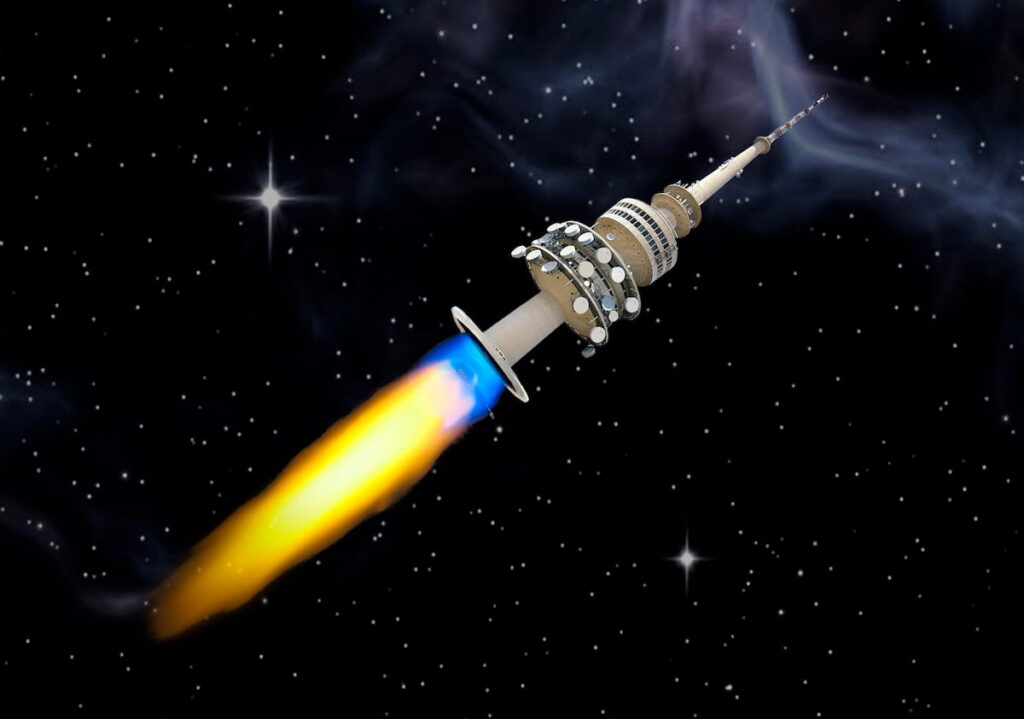
Canberra, often overshadowed by its more famous Australian counterparts, is currently enjoying a moment in the spotlight thanks to its role in the ABC TV comedy series Austin, airing Sundays at 7:30 pm. While the city might be the least-known capital globally, it has quietly carved out a niche in pop culture since the 1970s, particularly in the realm of science fiction.
Many are familiar with Canberra’s appearances in films like The Castle, featuring the High Court, and TV dramas such as Total Control, starring Parliament House. However, the city has also made notable cameos in major sci-fi sagas, earning it a surprising reputation in the cosmos.
Canberra in the Cosmos: Sci-Fi Mentions
Despite its low profile on the world stage, Canberra has been referenced in iconic sci-fi works including War of The Worlds, Star Trek, and 2001: A Space Odyssey. In Jeff Wayne’s rock opera adaptation of War of The Worlds—not to be confused with the Tom Cruise film—Canberra is mentioned towards the end. After the Martian invasion is thwarted by bacteria, the narrative shifts to astronauts on Mars witnessing mysterious green flares. When NASA loses contact with them, they call upon other antennas:
“Houston come in, what’s going on, Tracking Station 43 Canberra, come in Canberra.”
This reference highlights the DSS-43 antenna at Tidbinbilla, a crucial piece of technology that is the only antenna on Earth capable of sending commands to Voyager 1 and Voyager 2, located 24 billion km and 20 billion km away, respectively. Without this 70-meter dish—featured in the film The Dish—Canberra might not have made the cut. For comparison, the Parkes radio telescope, often given more attention, is only 64 meters wide, proving that size indeed matters.
Star Trek and Diplomatic Ties
Fans of Star Trek will be pleased to know that Canberra also makes an appearance in an episode of Star Trek: Enterprise. The storyline, set in the mid-22nd century, involves the Vulcans maintaining a consulate in Canberra. In 2155, amidst a crisis instigated by the xenophobic group “Terra Prime,” Canberra is noted as one of the locations where Vulcans refused to withdraw from their consulates, alongside Berlin.
This fictional narrative underscores Canberra’s real-world status as a diplomatic hub, with embassies and consulates that play a pivotal role in international relations. Such diplomatic presence has allowed Canberra to boldly go where no other Australian city has gone before, at least in the realm of science fiction.
A Nod from Arthur C. Clarke
Canberra’s sci-fi credentials are further bolstered by its mention in Arthur C. Clarke’s novel 2001: A Space Odyssey. Although brief, the reference places Canberra alongside Washington and Moscow as a key location for the World Space Centers. Clarke writes:
“To that far-off planet Earth, every 24 hours, the monitor would send the information… travelling at the speed of light, that pulse would reach its destination. The machines whose duty it was would be waiting for it; they would amplify and record the signal, and add it to the thousands of miles of magnetic tape now stored in the vaults of the World Space Centers (sic) at Washington, Moscow, and Canberra.”
This mention, though fleeting, signifies the city’s importance in the imagined global network of space exploration and data management.
The Cultural Impact and Future Prospects
Canberra’s recurring appearances in sci-fi narratives reflect its unique position as a city that, while not widely recognized, holds significant cultural and technological importance. The city’s role in these stories highlights its contributions to global scientific endeavors, particularly in space exploration.
As Canberra continues to feature in popular culture, its profile is likely to rise, attracting attention not only from sci-fi enthusiasts but also from those interested in the city’s real-world contributions to science and diplomacy. The city’s role in these narratives serves as a reminder of its potential to influence and inspire future generations, both on Earth and beyond.
In a world where recognition often hinges on visibility, Canberra’s presence in the realm of science fiction ensures that it remains on the radar, both literally and figuratively. As the city continues to embrace its unique identity, it stands ready to live long and prosper, both in pop culture and in reality.






